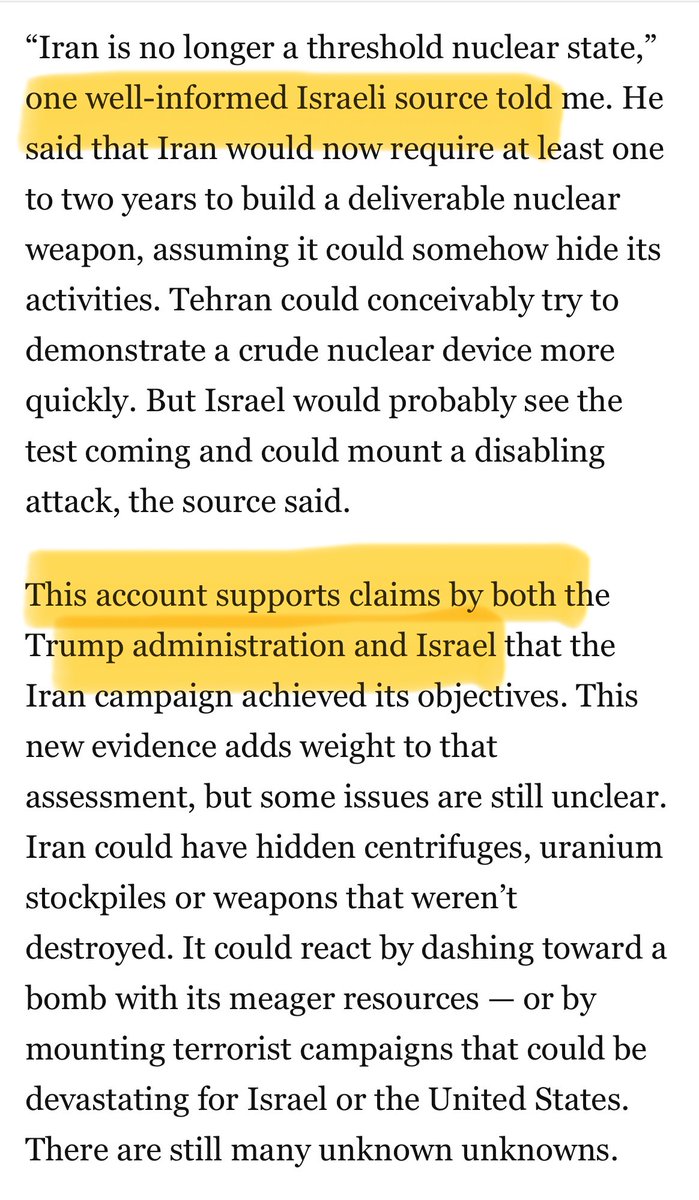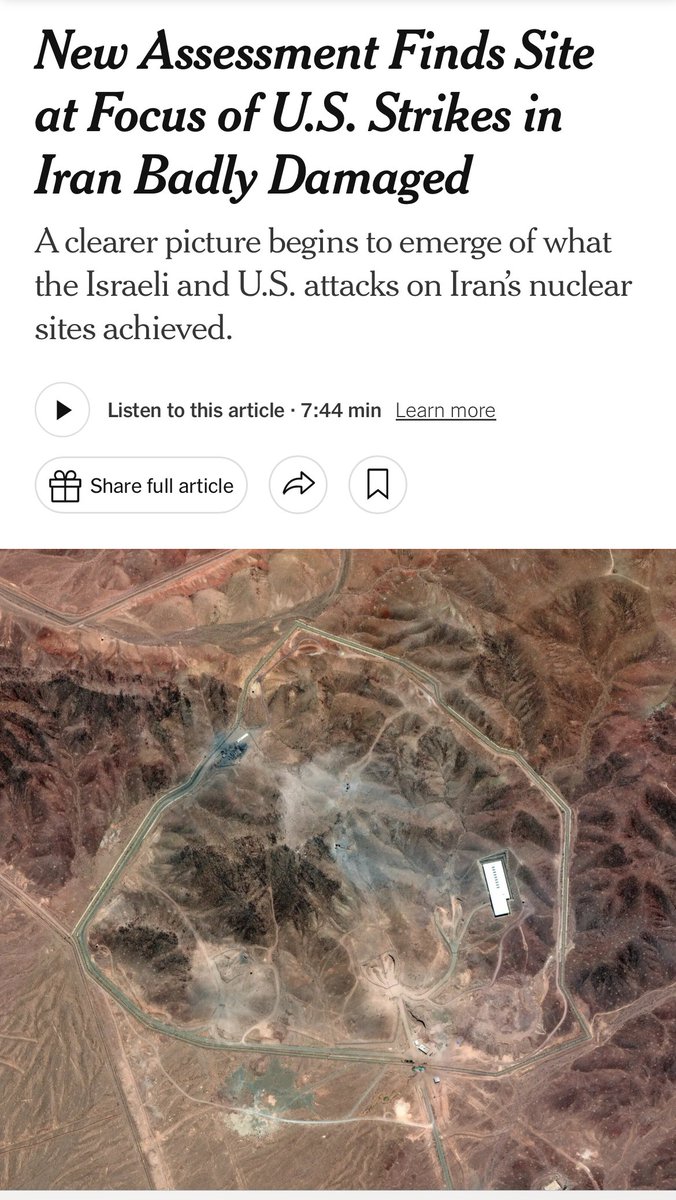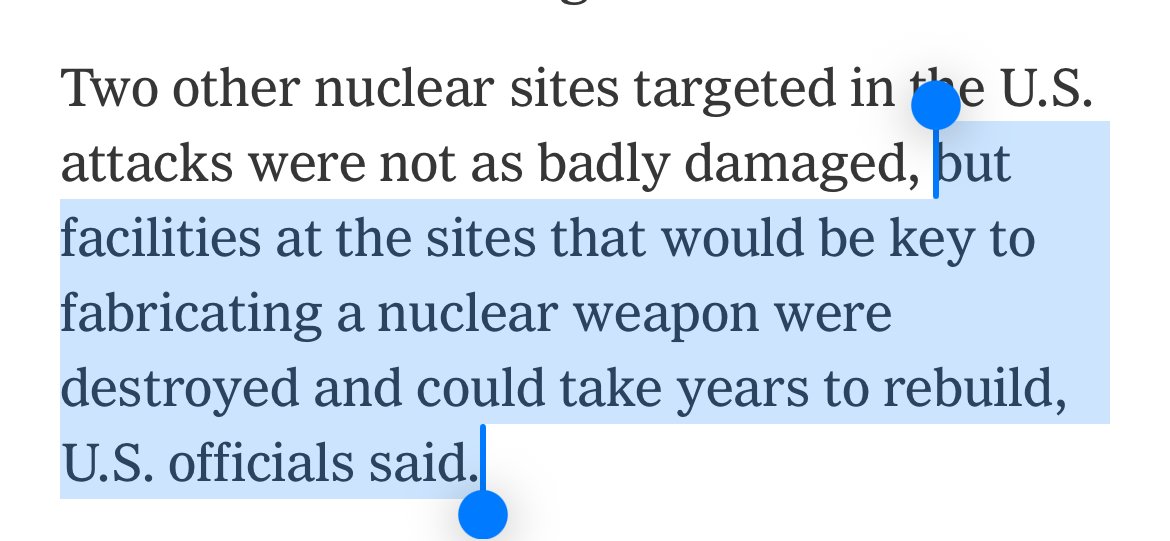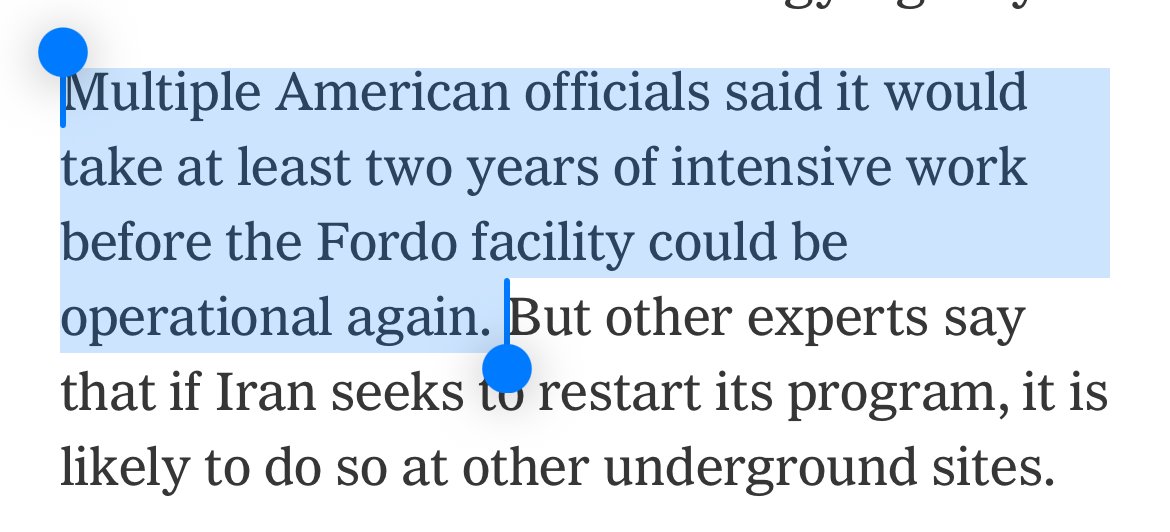I strongly agree with this. And I have a theory that part of the reason why academic writing is often bad is because of peer review... (1/n)
https://twitter.com/MorganLKaplan/status/1262769758761627648
I'm a think tanker, not an academic, and I have no formal training in political science. But I have published in peer reviewed journals so had to learn about the review process through trial and error. Lots of error! (2/n)
Over time I learned to write for the reviewers--who are a subset of my audience, but only a subset.
Reviewers are super-experts and it's their job to critique your work. This influences the way you write, I think... (3/n)
Reviewers are super-experts and it's their job to critique your work. This influences the way you write, I think... (3/n)
...you pay a lot of attention to the details, offer obvious lines of pre-emptive rebuttal (pre-buttal!), and try to engage deeply with the existing literature.
None of this is bad per se, but it's easy for the big picture to get lost in all of this. (4/n)
None of this is bad per se, but it's easy for the big picture to get lost in all of this. (4/n)
In fact, I can't stop myself from offering some prebuttal in Twitter thread!
Peer review isn't the only reason, by any means, for bad academic writing. And it's possible for a well-written article to survive review. But I do think there's a tension here. (5/n)
Peer review isn't the only reason, by any means, for bad academic writing. And it's possible for a well-written article to survive review. But I do think there's a tension here. (5/n)
Also, while it was a tweet from @MorganLKaplan that lead me to write this thread, I'm not singling out @Journal_IS (the writing there is much better than most academic journals).
But I do have a suggestion to editors... (6/n)
But I do have a suggestion to editors... (6/n)
...why not ask reviewers to comment on the clarity of the writing and consider it, as one factor of many, in deciding whether to accept a paper? (7/7)
• • •
Missing some Tweet in this thread? You can try to
force a refresh
















